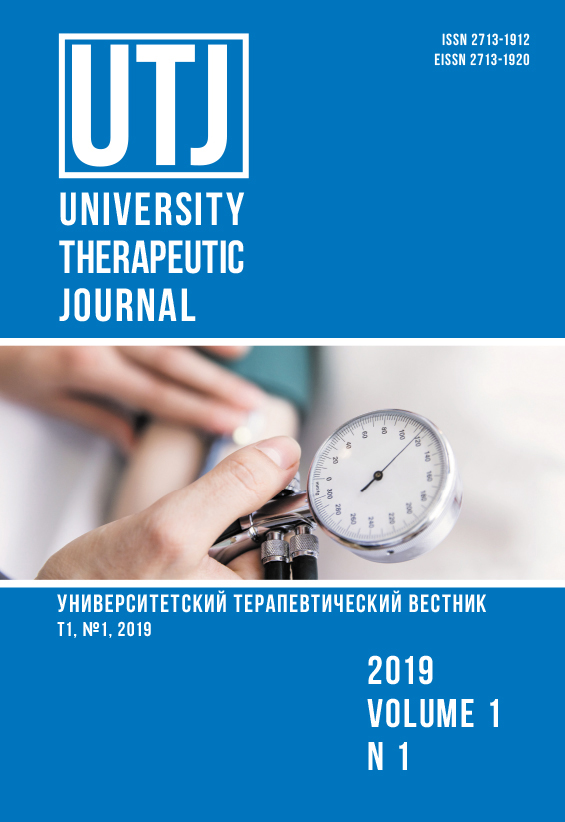MYOCARDIAL CYTOPROTECTION IN TREATMENT OF CARDIOVASCULAR DISEASES IN PATIENTS OF AN OLDER AGE GROUP
Abstract
One of the relevant approaches to the medical treatment of coronary heart disease and heart failure is metabolic therapy, or myocardial cytoprotection, that is, the use of drugs that optimize the energy metabolism of myocardial cells. The most studied metabolic drug is trimetazidine, whose efficacy in the treatment of cardiovascular diseases has been proven in numerous multicenter studies and meta analyzes, which allowed, in accordance with European and national recommendations for the diagnosis and treatment of coronary heart disease and heart failure, to include this drug among the recommended use for this pathology. It was shown that trimetazidine, used in combination with the classical “hemodynamic” drugs, significantly reduces the clinical severity of angina pectoris and heart failure, significantly increases exercise tolerance, and significantly reduces the doses of simultaneously prescribed medications, thereby reducing the severity of their side effects. All this is especially true when it comes to the treatment of polymorbid patients of the elderly and senile, for whom the safety of therapy is one of the main problems. In a number of studies carried out in recent years, the positive effect of trimetazidine on the prognosis and life expectancy of patients with cardiovascular disease has been proven. This opens up a new page in the study and practical use of this drug.


